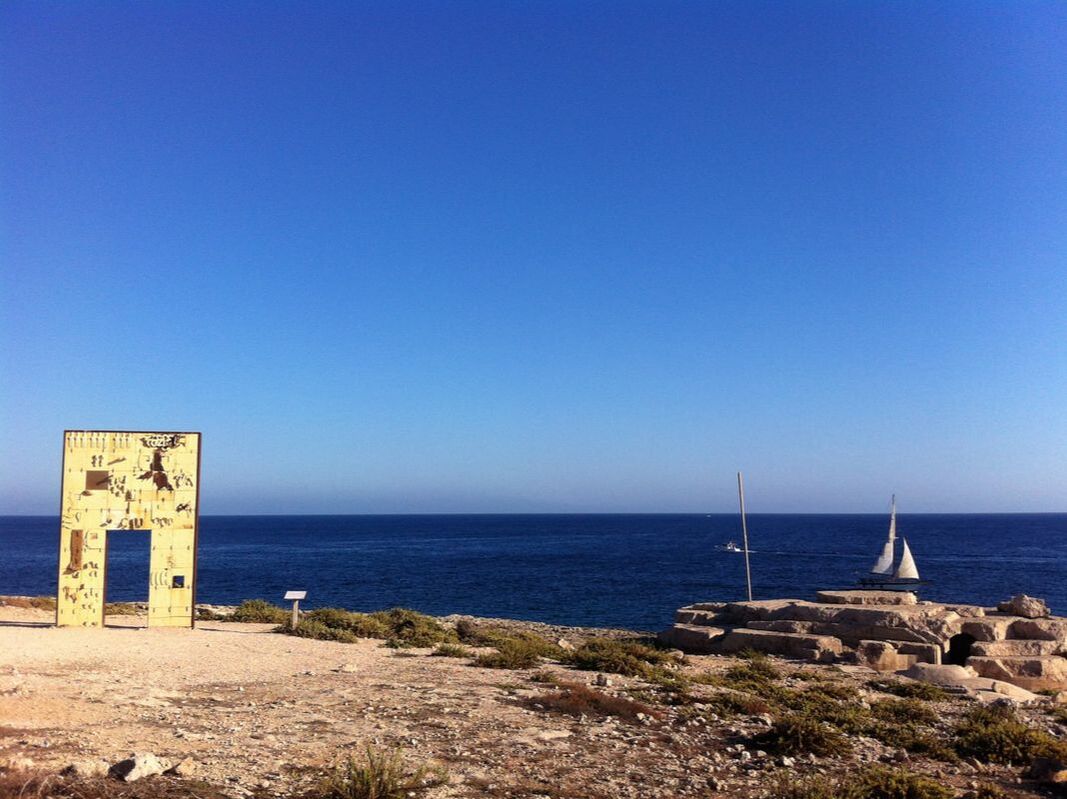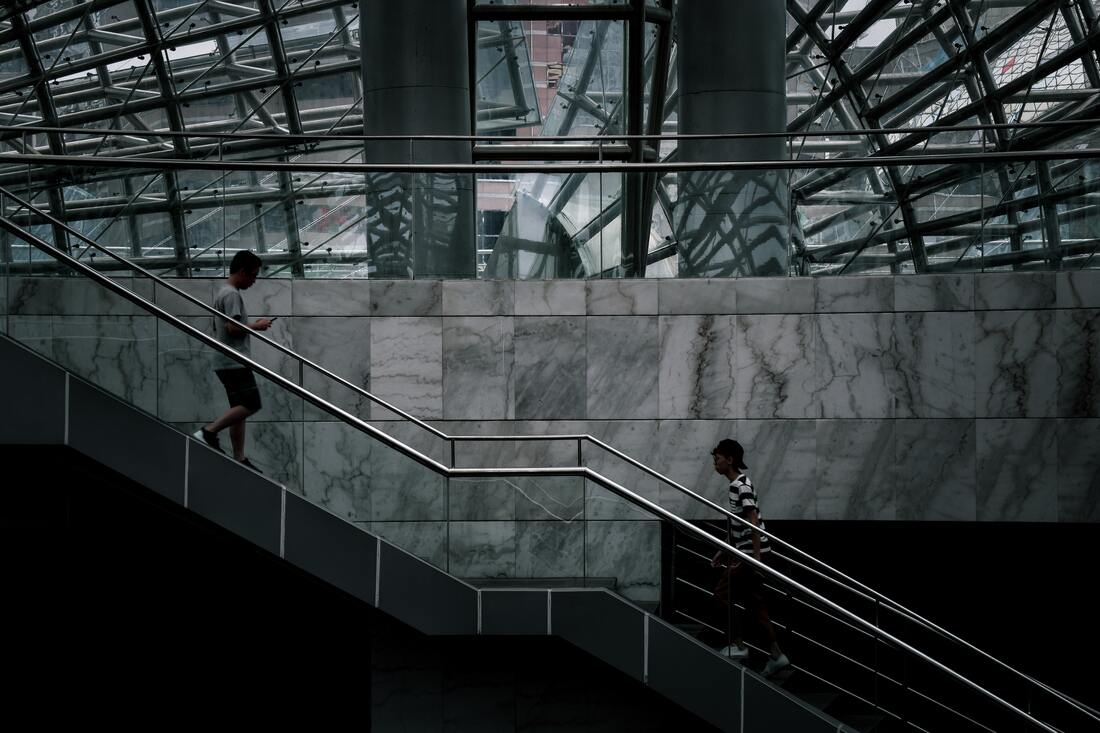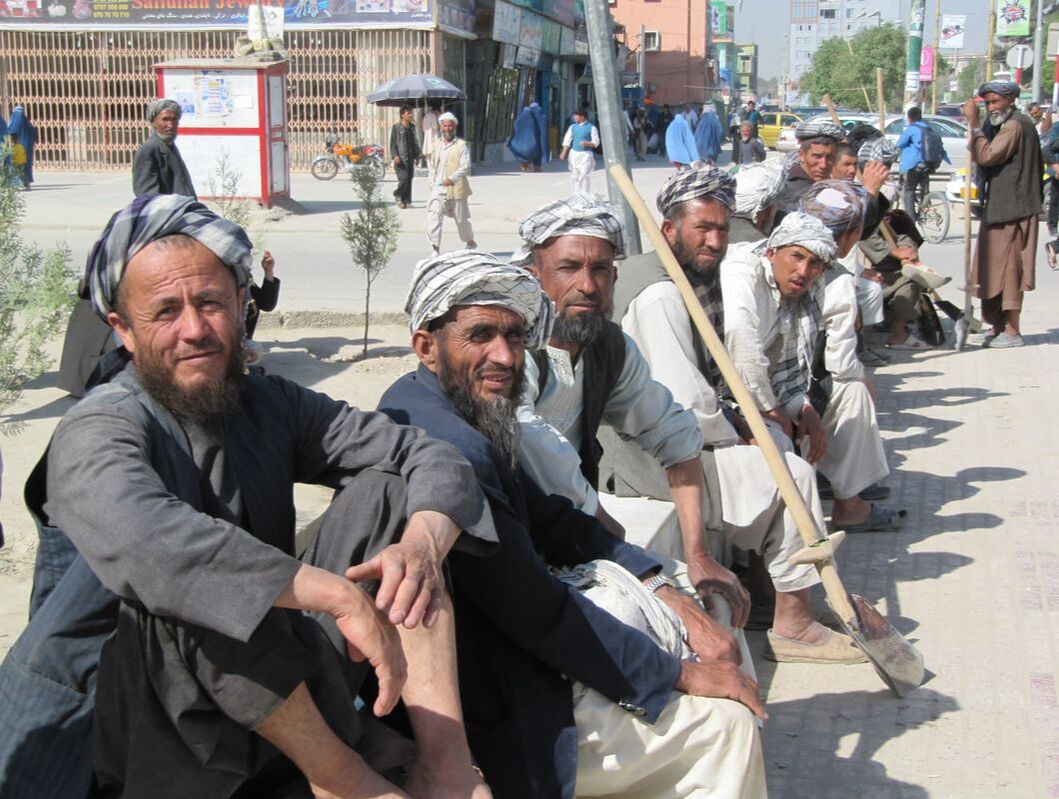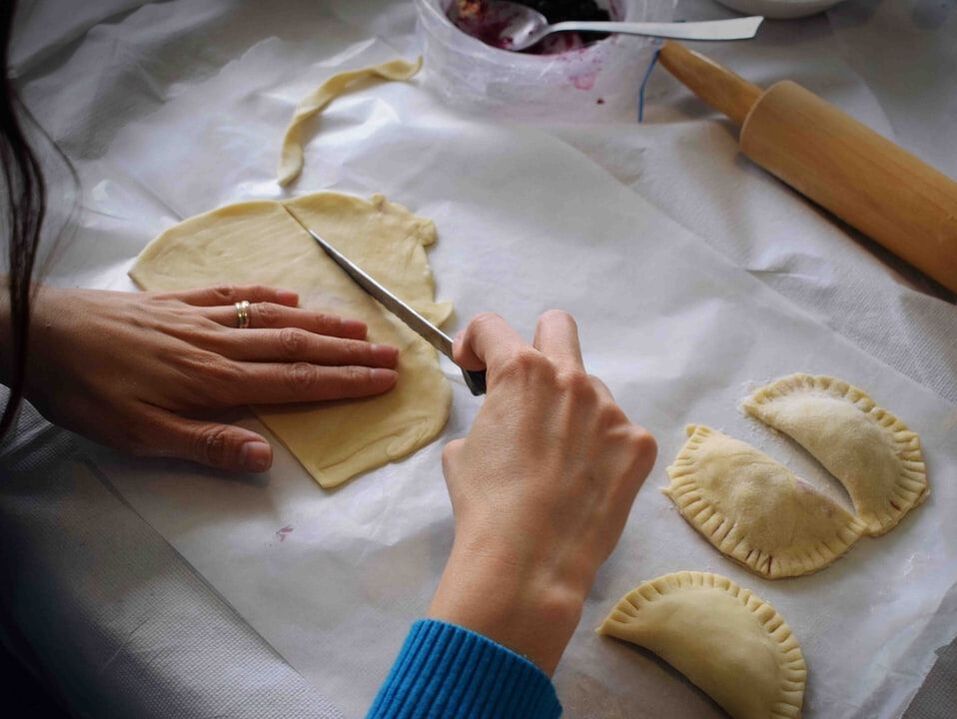|
|
|
Blog post by Emiliana De Blasio, LUISS University, Italy, Marco Palillo, University of Bradford, UK and Donatella Selva, University of Florence, Italy
Over the last decade, the Mediterranean Sea has become one of the deadliest migration routes for asylum seekers and migrants wanting to reach Europe from Libya. In response to the high numbers of deaths associated with perilous journeys and dangerous smuggling strategies, numerous non-governmental organisations (NGOs) have been operating in the Mediterranean Sea to provide search and rescue (SAR) operations to migrant vessels in distress at sea. Over the years, the new centrality of NGOs’ humanitarian efforts in the Mediterranean Sea in the Italian public and media discourse has led to significant tensions with right-wing parties. Most notably, Matteo Salvini’s League and Giorgia Meloni’s Brothers of Italy have repeatedly criticised NGOs involved in SAR operations for facilitating irregular migration flows and defying Italian border control policies. Since its inauguration in October 2022, the newly installed government led by Giorgia Meloni has engaged in a series of clashes with NGOs running SAR operations in the Mediterranean Sea as part of the government’s hard-line stance on ‘illegal’ migration. In particular, Meloni’s government has promoted a new migration policy that introduces further restrictions on the capacity for NGO vessels to conduct multiple rescues in the same mission.
0 Comments
Migration enforcement is accompanied by emotions expressed by various actors – including the broader public, politicians and those targeted by practices such as deportation and detention – but also those of bureaucrats who implement policies. Emotions are addressed towards or expressed against a multitude of groups, such as asylum seekers or migrants with precarious legal status, as well as police officers and administrative and non-governmental staff.
Studying emotions directed at different groups uncovers, on the one hand, the intricate and complex network of actors working within the field of migration enforcement, both new and old. On the other hand, it presents the researcher with a density of relations that, as I argue in my Identities article, ‘Tracing the circularity of emotions in Swiss migration enforcement: organizational dissonances, emotional contradictions and frictions’, can be analyzed through a focus on emotions, thus advancing our understanding of statecraft and organizational construction.
As the human misery in Lesbos, Malta and the Mediterranean Ocean hits the world media, a debate has emerged on how to speak about this crisis. Some argue that the public debate and part of the media coverage has become ‘too emotional’. A few voices emphasise the lack of context, including the history of war and oppression in the region from which a majority of the Moira refugees and migrants have travelled in search of safety.
As a media researcher with an international journalist background, having travelled and resided in countries in the Middle East and beyond, it is hard not to agree with those asking for historical context. Far too often, the public debates on asylum seekers and migrants narrow the scope to the nation’s sustainability. Another argument relates to ‘whataboutism’, highlighting the plight of people who are even worse off, such as in Yemen. For academics and other experts alike, it does make sense to approach refugee discourses from a multi-level perspective. It is hard not to see the high number of Afghan refugees in Moria as related to the last two decades of NATO-led intervention, and the hopes that turned to ashes while the Taliban (again) grew stronger.
In our Identities article, 'Private empowerment and public isolation: power in the stories of migrant ‘Mother-Poles’, we seek to understand what kinds of empowerment and disempowerment narratives can be linked to migrant motherhood and mothering in the case of Polish women raising their children abroad.
By linking two perspectives of migrant mothers themselves, as well as at looking at stories of adult children brought up by Polish mothers outside of their country of origin, we investigate maternal power which may, on the one hand, ground women as managers of their households but, on the other hand, does not seem to alleviate the general isolation they face in regards to the broader society. To gain a better understanding of the specific type of Polish migrant mothers we call ‘Mother-Poles’, it is vital to clarify that the particular Mother-Pole construct is a significant yet somewhat blurry notion of Polish motherhood. Moulded from both a religious inspiration of the Virgin Mary’s cult in Catholicism, and an experience of managerial matriarchy which described women’s resourcefulness during the time of State Socialism in the Central and Easter European block, the Mother-Pole figure is omnipresent in religious, social and political discourses, imbuing a reference point for the everyday life of many Polish women over 40. |
|
Explore Identities at tandfonline.com/GIDE |
|
The views and opinions expressed on The Identities Blog are solely those of the original blog post authors, and not of the journal, Taylor & Francis Group or the University of Glasgow.




